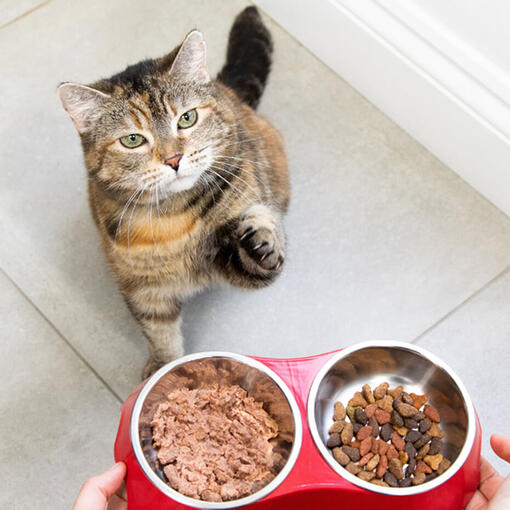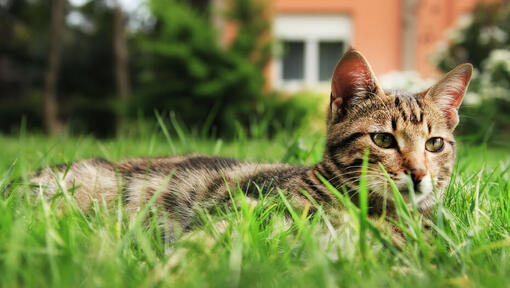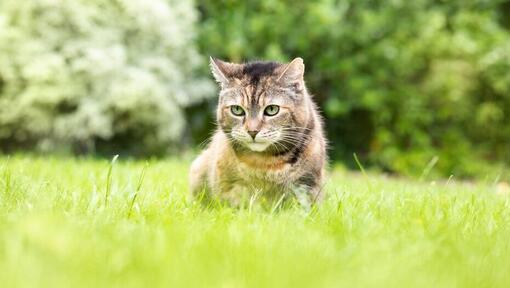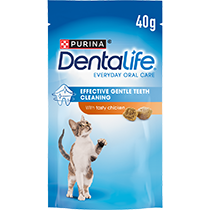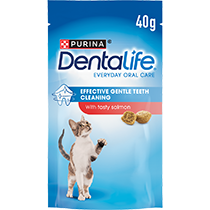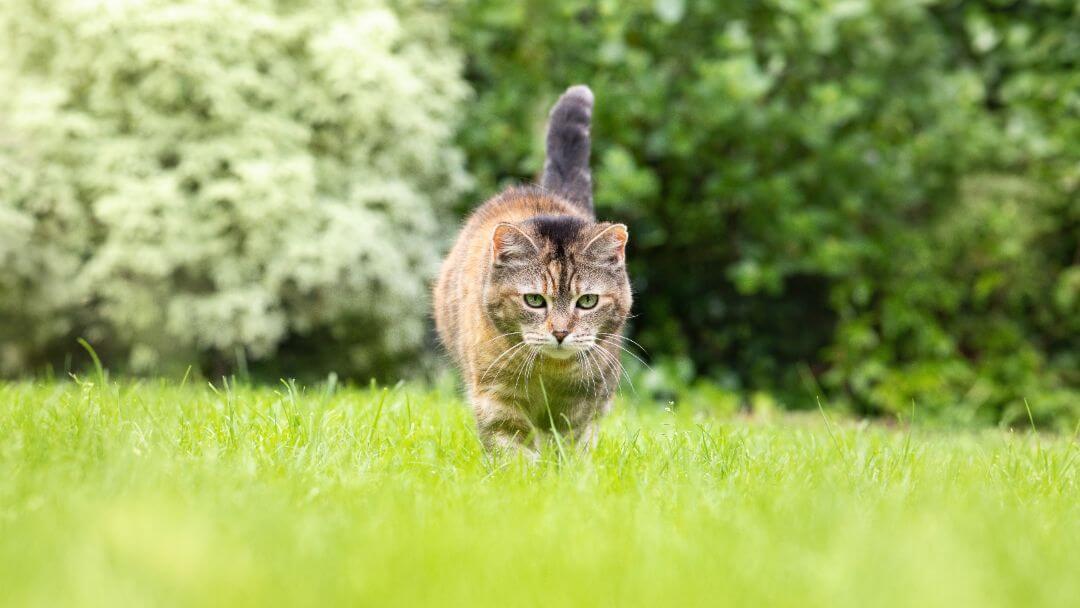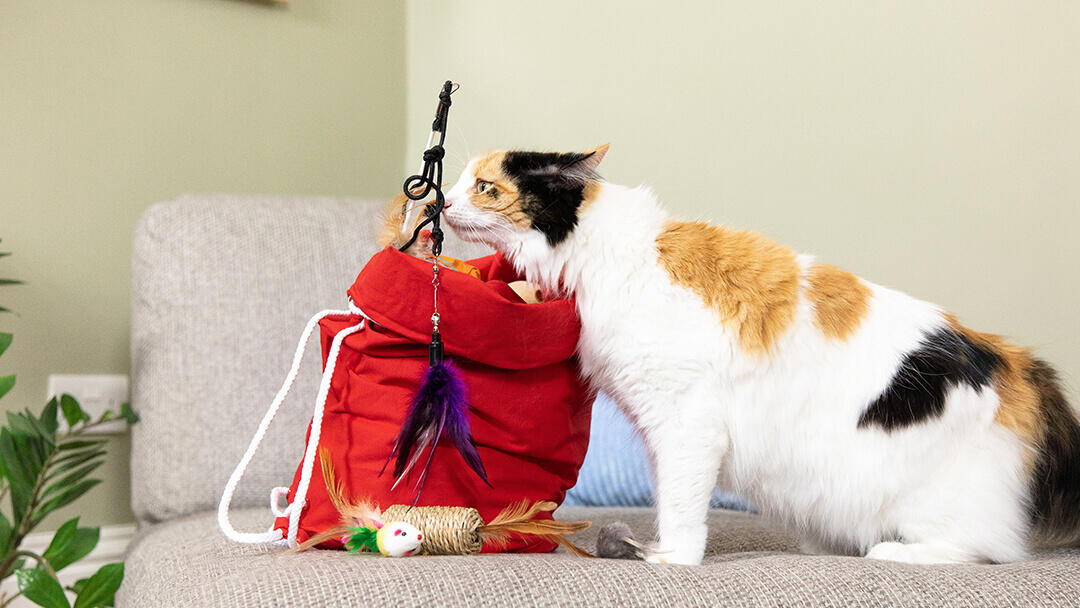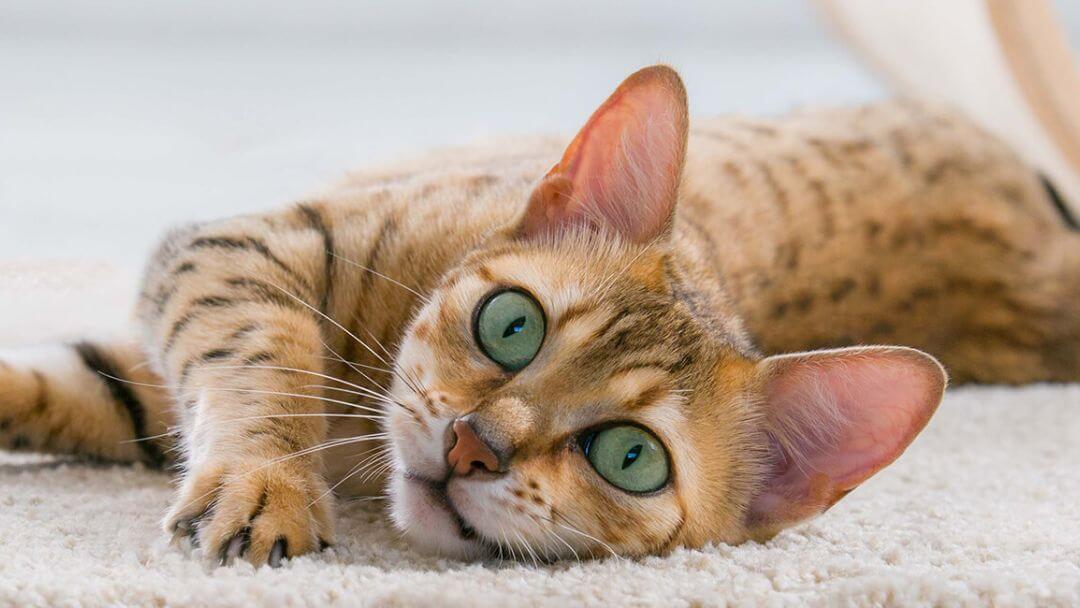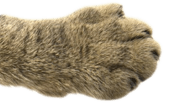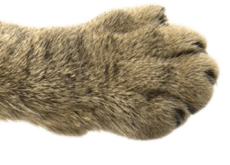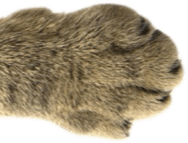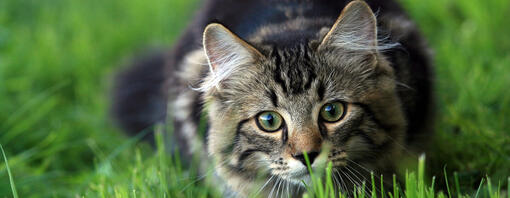
If you’re a cat owner, you may have noticed that they can be quite partial to a munch of grass sometimes. This may seem unusual as cats are obligate carnivores, but grass can actually have numerous benefits for them. Find out why do cats eat grass with Purina.
All cat owners know that their kitty enjoys the odd nibble of grass – which is too often followed by their cat vomiting up their breakfast. Because of this reaction, it’s common for pet parents to think that grass is actually toxic to their felines and many will reprimand them for munching on the green stuff.
The compulsion for cats eating grass is certainly a strange one, especially since they’re obligate carnivores and don’t require vegetation to survive. It may surprise you to learn that when cats eat grass it can actually have numerous health benefits for them, including everything from relieving constipation and acting as natural stress relief. Find out all the reasons why cats eat grass with Purina.
Why do cats eat grass?
As it stands, researchers haven’t agreed on one definitive reason why cats eat grass. But there are many theories why your feline enjoys a munch of your lawn. It could help them when they’ve got an upset stomach, cats might be eating grass due to a vitamin deficiency or because it relieves constipation.
1. Helps with stomach upset
One of the most common theories behind why do cats eat grass is that it helps with stomach upset. This is linked to the fact that they tend to throw up after they eat it, as cat’s actually lack the appropriate enzymes needed to digest grass.
Due to this, it’s thought that they may eat it to try and help them to regurgitate, thus helping them clear their system of anything they couldn’t digest such as their own hair or feathers and bones from prey. This is also a common reason why dogs eat grass.
2. Grass juice contains folic acid
Interestingly, grass juice contains folic acid (also found in a cat’s mother’s milk), an essential vitamin which aids with digestion, supports cell growth and helps with the production of haemoglobin. According to Hill’s, if your cat feels like they’re deficient in these vitamins, they may seek out grass to try and counteract that. So, if you’re wondering why does my cat eat grass? It could well be due to that.
3. It works as a natural laxative
Sometimes things your cat can’t digest will move too far down the digestive tract and may get stuck. In this case, grass can actually work to help break it down, making it easier for them to pass it. This means that grass could actually help to clean their system and relieve constipation.
Is it safe for cats to eat grass?
When eaten in moderation and providing it hasn’t been treated with any pesticides or herbicides, cats eating grass is completely fine. However, if your cat eats grass a lot, it could get stuck inside their nasal chambers and cause them to sneeze excessively. If this happens, you’ll need to contact your vet immediately to have it manually removed.
If your cat’s in the habit of snacking on plants and grass, you should make sure that all of your houseplants are non-toxic. Certain popular houseplants like Kalanchoes and Lilies are actually poisonous to cats and can cause a mild to severe reaction.
If your cat ingests a poisonous plant, always ensure that you take them to the vet for treatment. Find out which of your plants are poisonous to your cat with our harmful substances and poisonous foods guide.
If you want to ensure that your cat is only eating grass that’s safe, you can purchase pots of cat grass which will give your kitty their own personal patch to graze on. This will not only satisfy their need to munch, but it can also prevent them from chomping on your much-loved houseplants.


